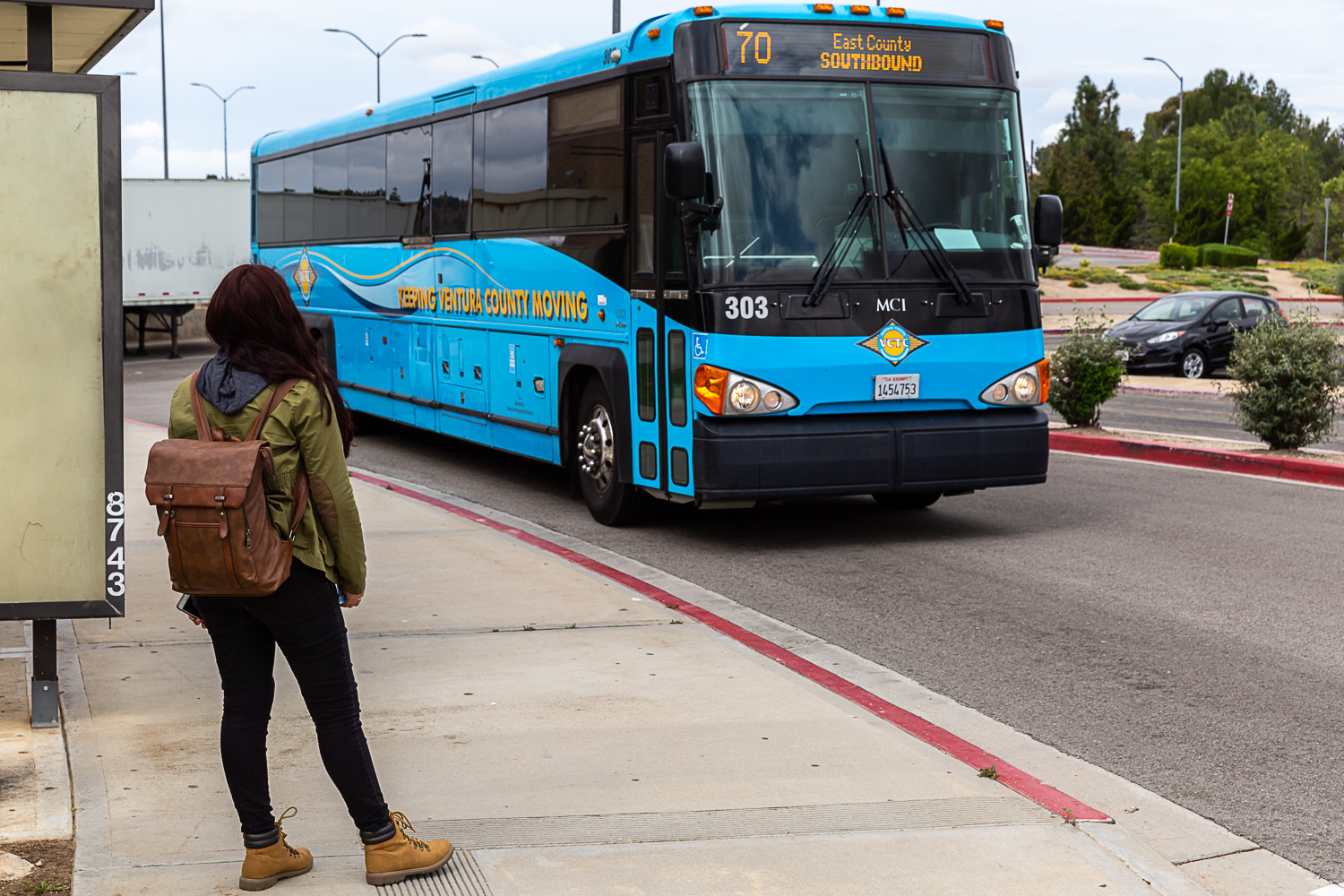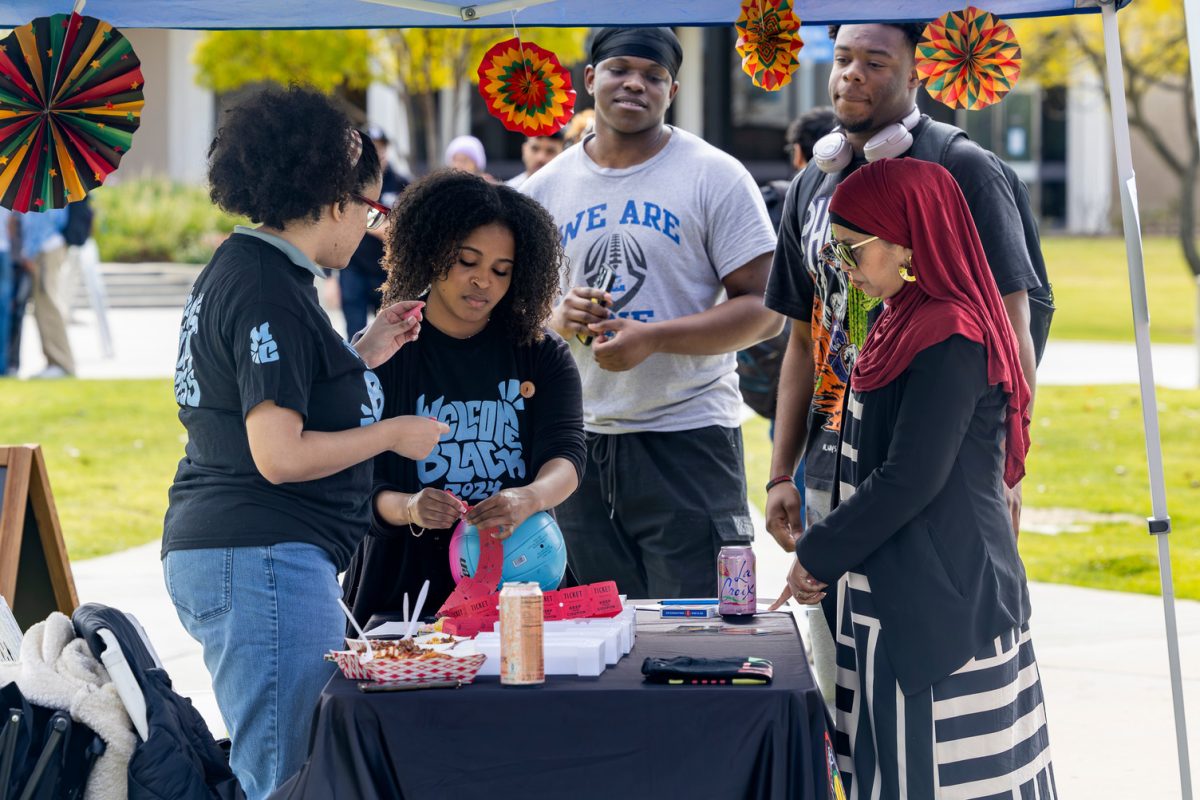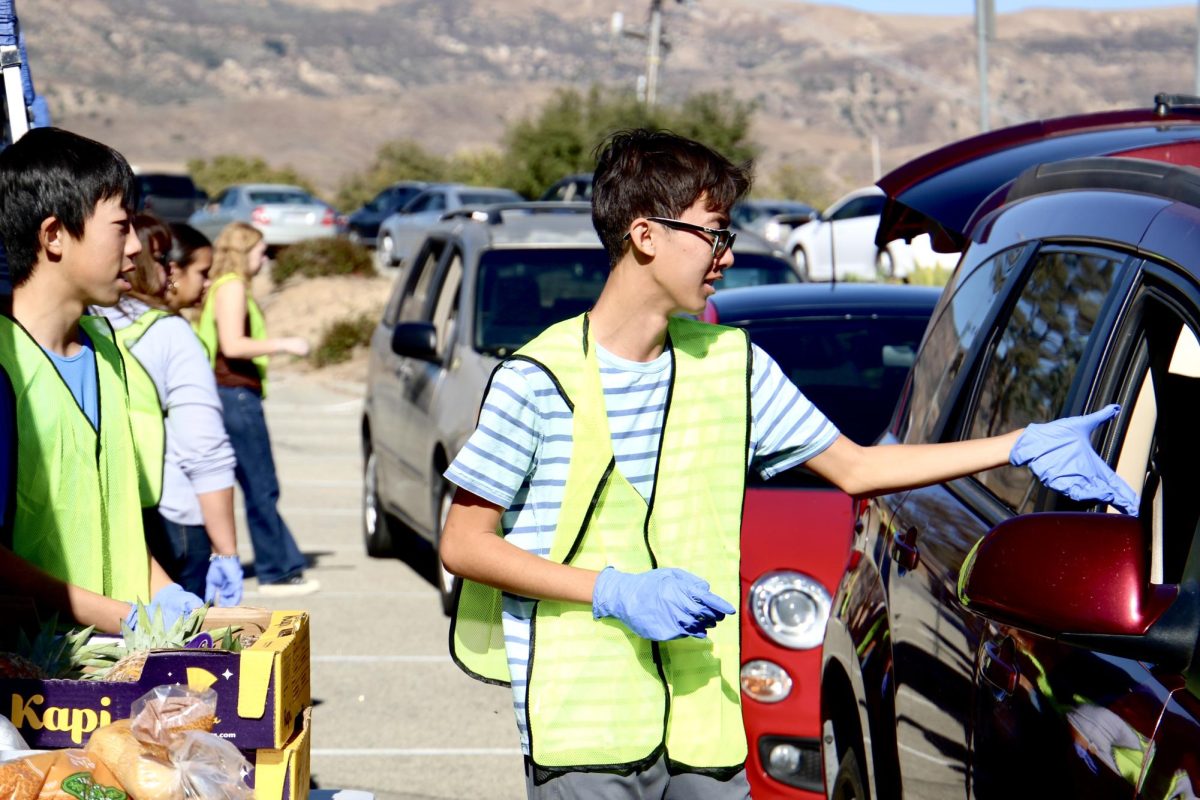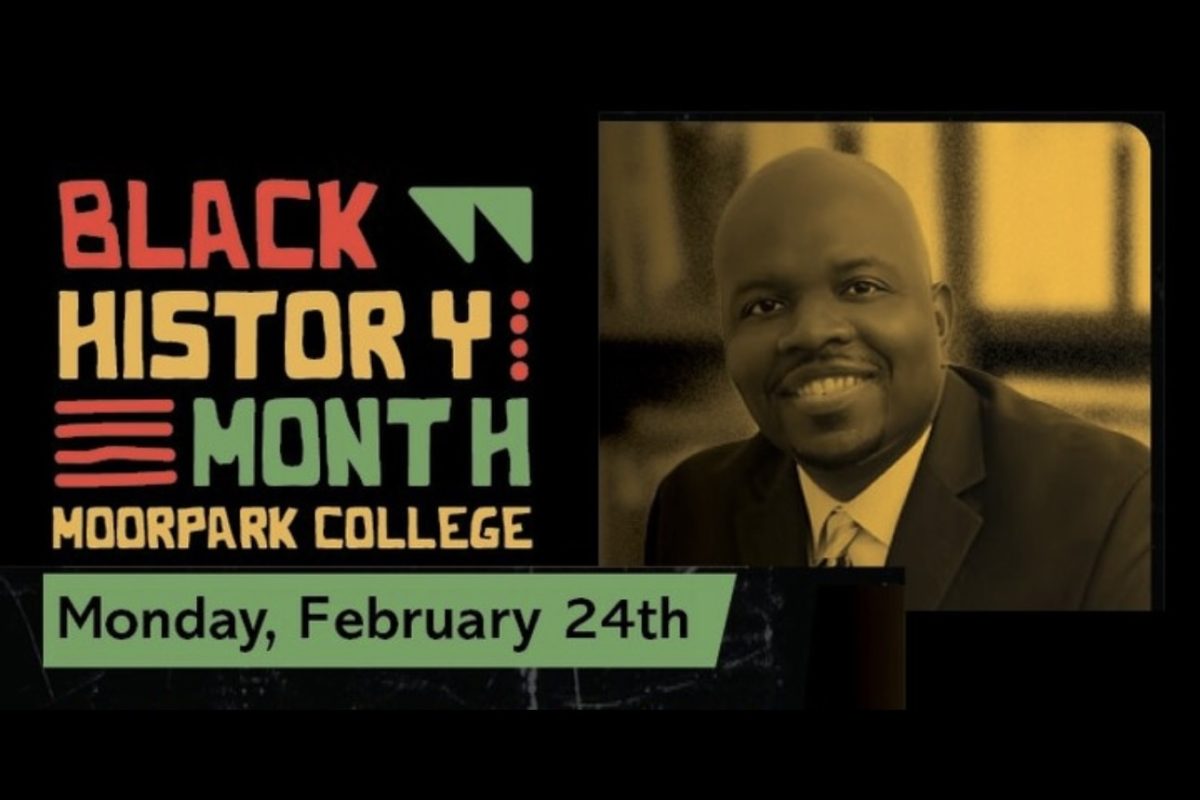In hopes of assisting financially restricted students, California’s Legislature introduces Senate Bill-291. The bill will channel 1.5 billion dollars, over 6 years, into the California College Promise Grant, where community college students could apply for extra financial aid to address “unmet needs.” If passed, roughly 2.1 million students could potentially secure a higher education without the fear of financial restrictions according to the California Community Colleges’ website.
Bill-291 was introduced by state Sen. Connie M. Leyva, D-Chino, to try and establish a “California College Student Financial Aid Program” that would assist students in paying more than just college tuition. This new bill would take into consideration the total costs of attending college.
According to Leyva, for some students, community college is inexpensive with the help of financial aid but they struggle with the other burdens that come with pursuing a higher education.
“When non-tuition costs like housing, food, and textbooks are considered, community college is often more expensive for our lowest-income students to attend than other state universities,” said Leyva, in a statement from her website. “It is critically important that our community colleges remain an affordable option for all students.”

Chancellor for California Community College Eloy Ortiz Oakley, explained during a conference call, that he has a tremendous passion for SB-291. Oakley shared some statistics to back up his reasoning to why the bill should pass.
“Costs of food and shelter can exceed $19,000 for community college students,” said Oakley. “I believe every student will benefit from the proposed bill.”
Even though California’s community college system offers one of the least expensive tuition rates of the nation, students who receive maximum financial aid still could encounter a $6,000 deficit according to The Institute for College Access and Success, a non-profit organizer that analyzes costs of receiving a higher education.
Silvia Barajas, Vice President of Business Services at Moorpark College, expressed that she was not very informed about SB-291. After quickly reading the analysis of the bill, Barajas said that the bill shows potential to bring aid to those who need it. However, Barajas questions where California will get 1.5 billion dollars from. A bill like SB-291 has never been attempted or passed before, said Barajas.

According to Barajas, Moorpark College has seen an increase in the number of students enrolled compared to last year. However, students are taking fewer units and this could be in correlation that student expenses are increasing.
“Here at Moorpark College we see a lot of need around food insecurities and housing insecurities,” said Barajas. “If California can find the funding, it will certainly help our students, especially our poorer students.”
SB-291 is a crucial bill that will affect California’s aid for students, who will one day enter the workforce. It is a bill with the aim to also increase the transfer rate of community college students into universities. Investment in education is critical for a state’s future, said Barajas.
“I think if anyone or any state can invest in education they should totally do it no matter what,” said Barajas.
California’s Senate will vote on the bill before the end of the fiscal year and have the final decision to pass or reject the proposal. SB-291 has unanimously passed in the last two committee hearings.














